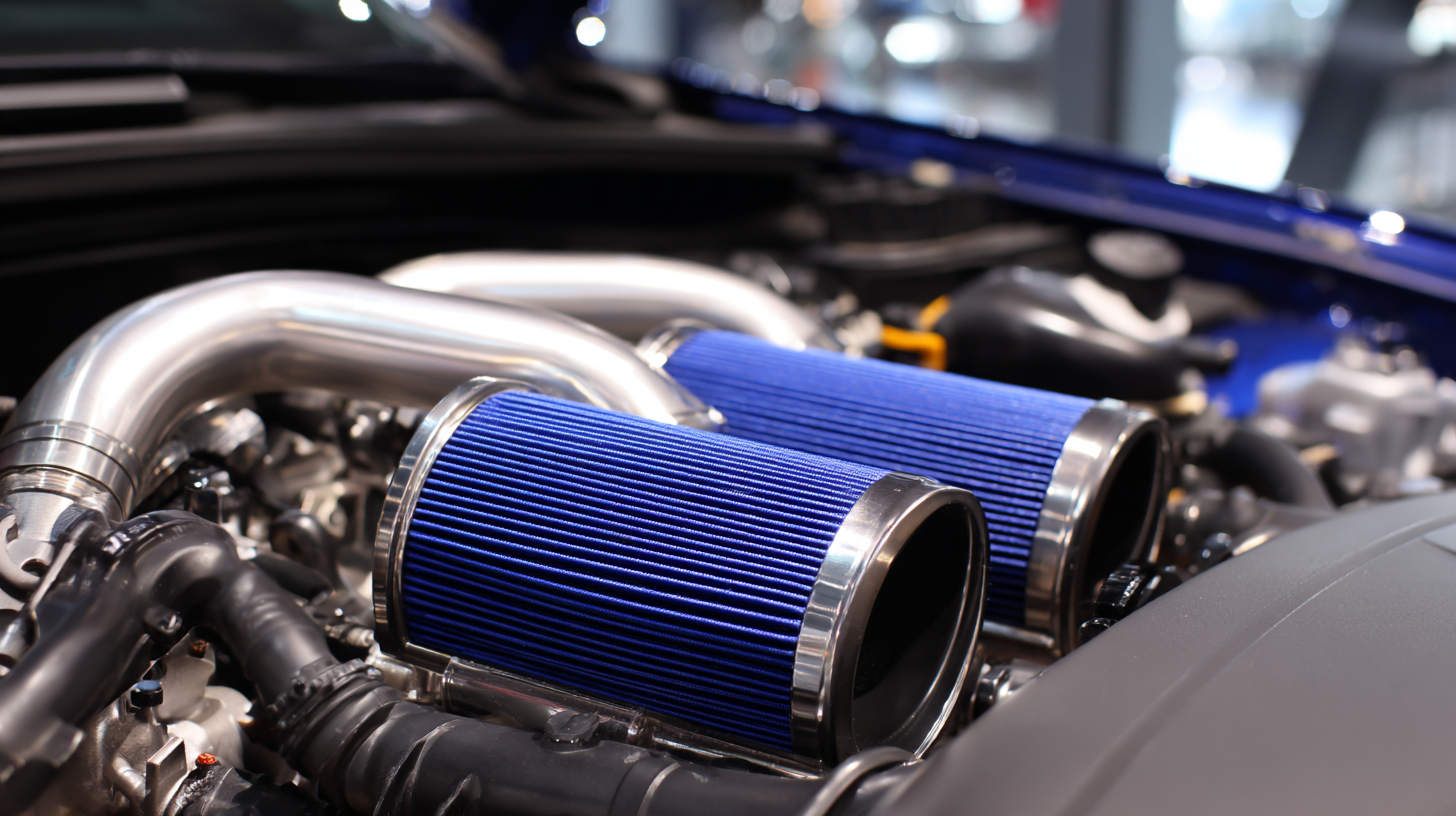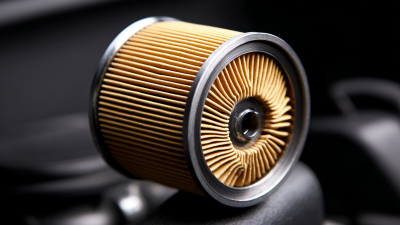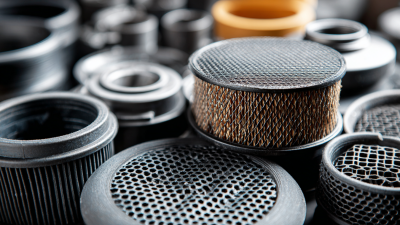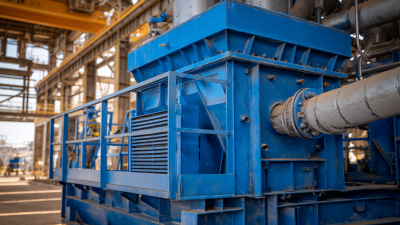Understanding the critical role of vehicle filters in automotive performance is essential for both vehicle owners and industry professionals. Vehicle filters, which include air, oil, and fuel filters, are designed to protect engine and fuel systems from contaminants that can lead to inefficiencies and potentially costly repairs. According to a study by the Automotive Aftermarket Suppliers Association (AASA), improperly maintained filters can reduce engine efficiency by up to 10%, significantly impacting fuel economy and overall performance. Furthermore, the American Petroleum Institute emphasizes that clean fuel filters can improve combustion efficiency, resulting in lower emissions and better power output. With several vehicle filters needing routine replacement or maintenance, awareness of their impact on performance becomes crucial to ensure a smooth and efficient driving experience. This comprehensive guide delves into how each type of vehicle filter contributes to car performance, helping drivers make informed decisions for their vehicle maintenance.
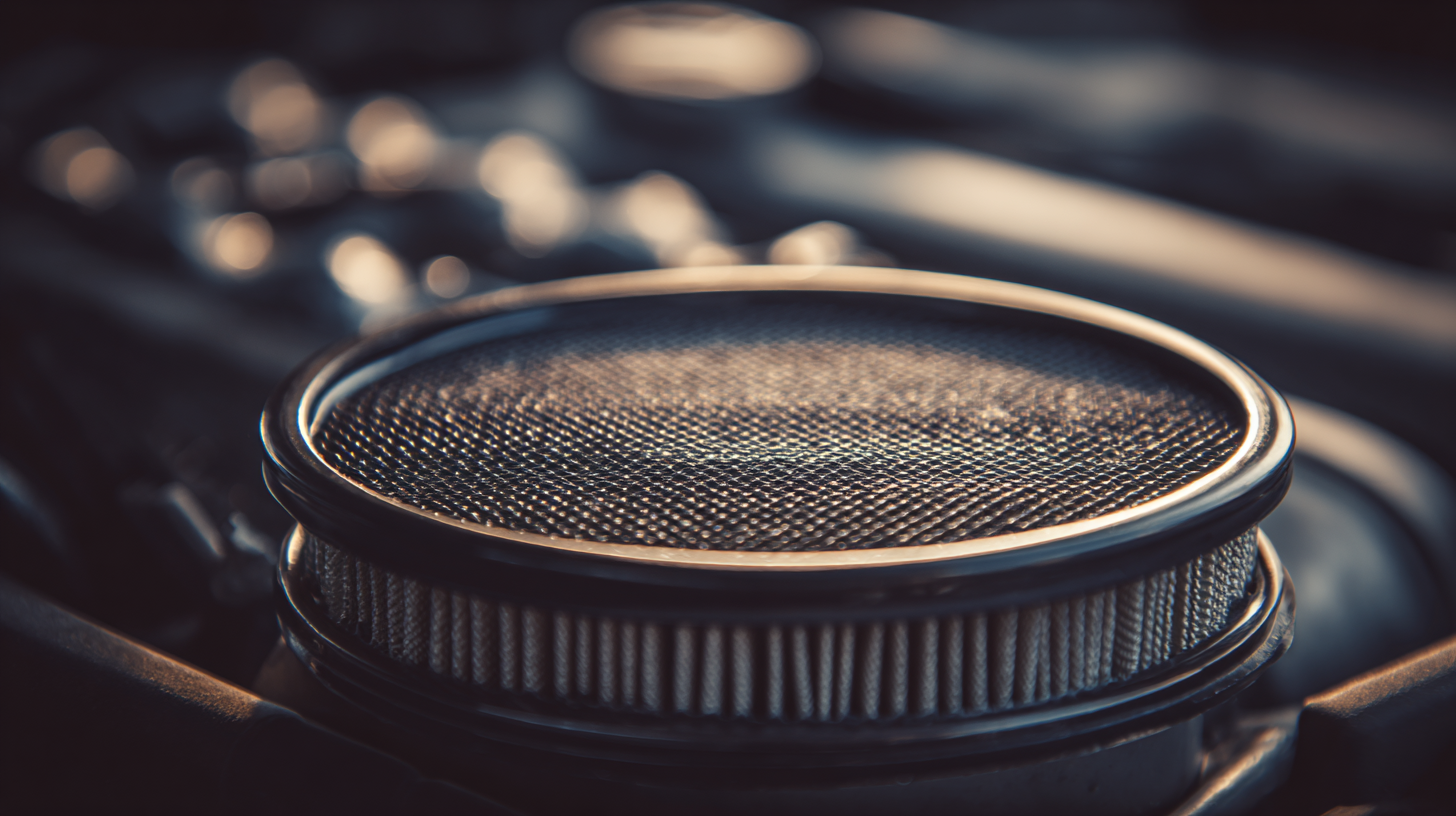
The understanding of how air filters contribute to engine efficiency is essential for optimizing vehicle performance. Air filters play a crucial role in ensuring that the engine receives clean air, which is vital for maintaining optimal combustion. According to the Automotive Maintenance and Repair Industry (AMRA), a clogged air filter can lead to a decrease in engine performance by as much as 10%. This drop in performance not only impacts acceleration but can also result in decreased miles per gallon, costing drivers significantly over time.
To maintain engine efficiency, it's recommended that drivers check and replace their air filters every 12,000 to 15,000 miles, or as advised by the vehicle manufacturer. Regular maintenance can prevent performance issues and promote better fuel economy. Additionally, air filters play a role in protecting other engine components, extending their lifespan and reducing the need for costly repairs.
Tips: Ensure your air filter is inspected during regular oil changes. A clean air intake system can enhance horsepower and improve overall engine responsiveness. Additionally, consider using high-quality aftermarket air filters, which can improve airflow and filtration efficiency, helping your engine perform at its best.
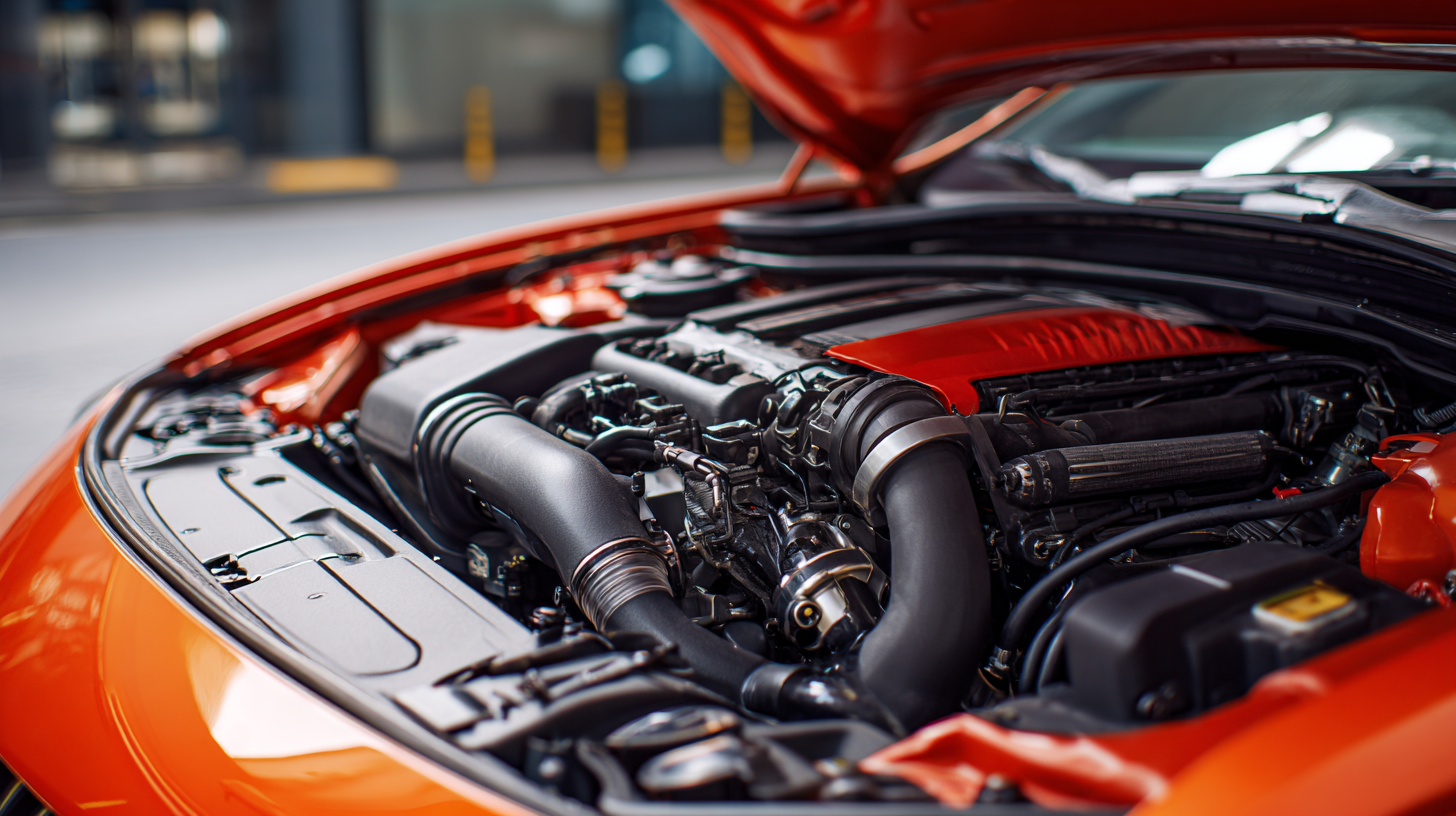 Fuel filters play a crucial role in ensuring optimal fuel delivery to the engine. They are designed to remove impurities and contaminants from the fuel before it reaches the combustion chamber. Over time, fuel filters can become clogged with debris, leading to reduced fuel flow. This restriction can hinder engine performance, resulting in sluggish acceleration and decreased horsepower. When fuel delivery is compromised, the engine may struggle to maintain its optimal operating conditions, impacting overall efficiency.
Fuel filters play a crucial role in ensuring optimal fuel delivery to the engine. They are designed to remove impurities and contaminants from the fuel before it reaches the combustion chamber. Over time, fuel filters can become clogged with debris, leading to reduced fuel flow. This restriction can hinder engine performance, resulting in sluggish acceleration and decreased horsepower. When fuel delivery is compromised, the engine may struggle to maintain its optimal operating conditions, impacting overall efficiency.
Moreover, a well-functioning fuel filter contributes to smoother engine operation and longevity. It minimizes the risk of damaging particles entering the fuel injectors and combustion chamber, which could lead to costly repairs or engine wear. Regular maintenance, including timely replacement of the fuel filter, is essential for ensuring that the fuel system remains clean and efficient. By prioritizing fuel filter health, drivers can enhance their vehicle's performance, fuel efficiency, and ultimately, extend the life of their engine.
The oil filter plays a crucial role in maintaining the longevity and smooth operation of your vehicle’s engine. By removing contaminants and impurities from the engine oil, the oil filter ensures that the oil remains clean and effective in lubricating all moving parts. Over time, engine oil can become contaminated with dirt, metal shavings, and sludge, which can lead to increased wear and tear on engine components. Regularly replacing the oil filter contributes significantly to extending the lifespan of the engine.
Moreover, a high-quality oil filter enhances the overall performance of the car. A clogged or ineffective filter can restrict oil flow, leading to inadequate lubrication and potentially causing engine overheating. This not only compromises the smooth operation of the vehicle but can also result in expensive repairs. By investing in quality oil filters and adhering to a regular maintenance schedule, car owners can ensure their vehicles operate efficiently and reliably over time.
When it comes to maintaining your vehicle's performance, recognizing the signs of worn or clogged filters is crucial. Filters play a vital role in ensuring that your car operates efficiently by preventing contaminants from entering key components. A common indicator of a failing air filter is a noticeable decrease in engine performance, often manifested as sluggish acceleration or poor fuel efficiency. Drivers may also experience an increase in engine noises, signaling that the engine is working harder to draw in the necessary air for combustion.
Additionally, dirty fuel filters can lead to similar symptoms. If you find that your vehicle is having difficulty starting or stalling frequently, it could be a sign of a clogged fuel filter. These issues arise because the filter's inability to block dirt and debris can hinder fuel flow to the engine. Regularly inspecting and replacing your vehicle's filters can mitigate these problems and maintain optimal performance. Recognizing these signs early on can save you from more extensive repairs and ensure a smoother driving experience.
Maintaining and replacing vehicle filters is essential for ensuring optimal performance and longevity of your car. Regularly checking the engine air filter is a critical first step. A clean filter allows for better air intake and improves fuel efficiency. It's advisable to replace the engine air filter every 15,000 to 30,000 miles, depending on driving conditions. Visual inspections should be done periodically; if it appears dirty or clogged, it’s time for a replacement.
Another important filter to keep in mind is the oil filter. This filter plays a vital role in maintaining engine health by trapping contaminants from the oil. Changing the oil filter along with the engine oil is crucial, typically every 3,000 to 5,000 miles for conventional oil. Lastly, don’t neglect the cabin filter, which ensures air quality inside the vehicle. Replacing it every 15,000 miles or so can improve the effectiveness of your car’s climate control system and enhance your driving experience.
